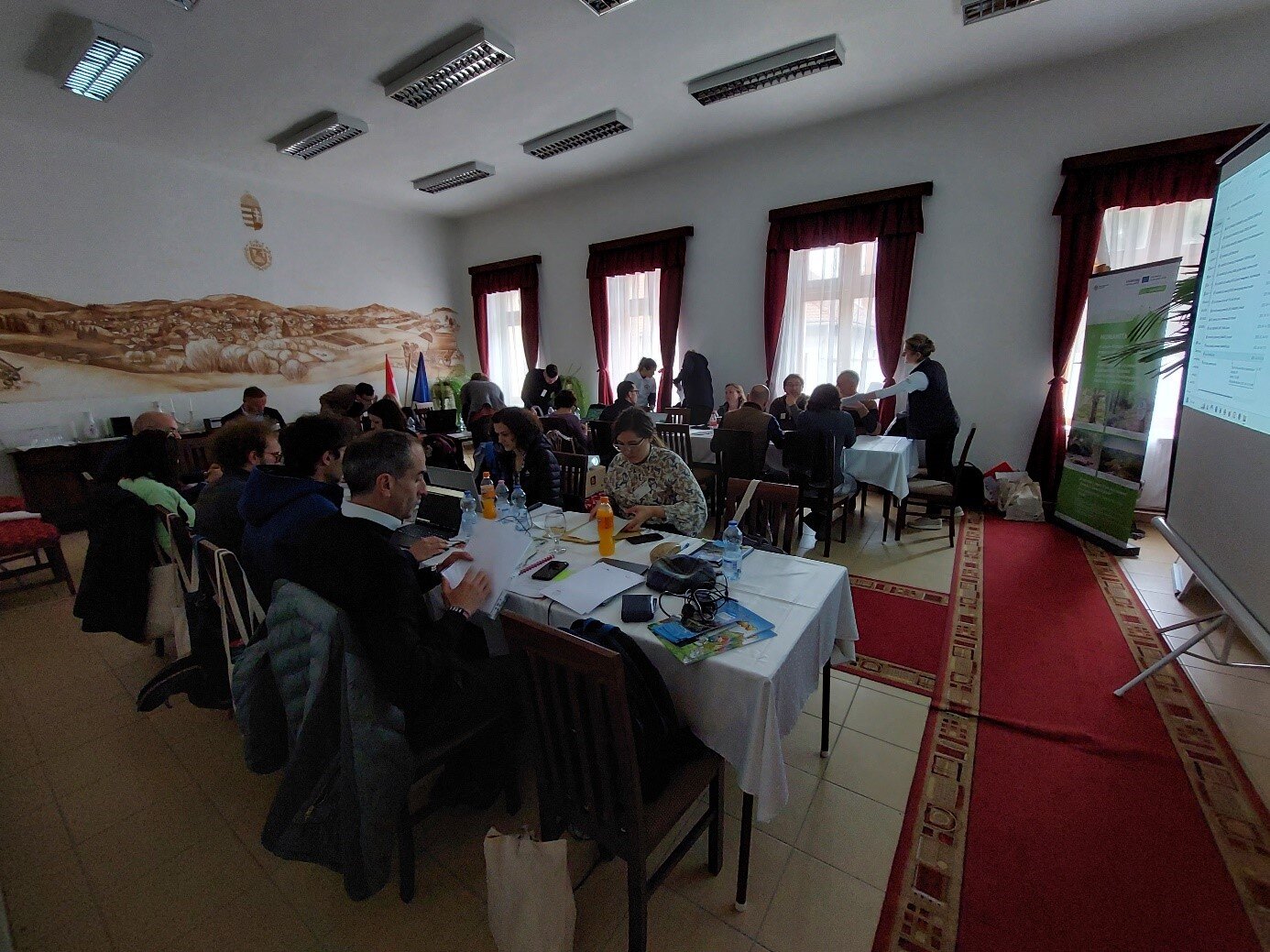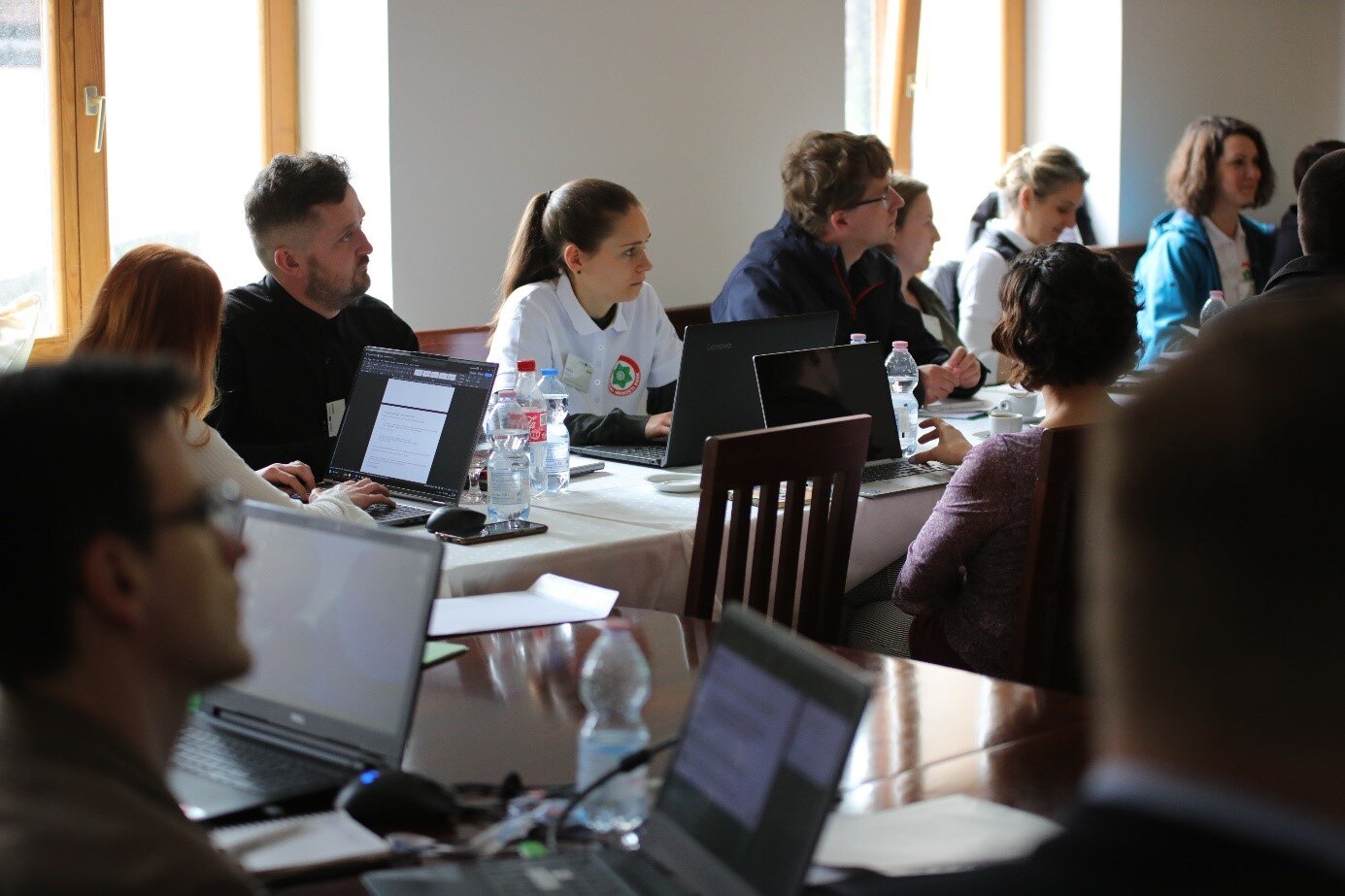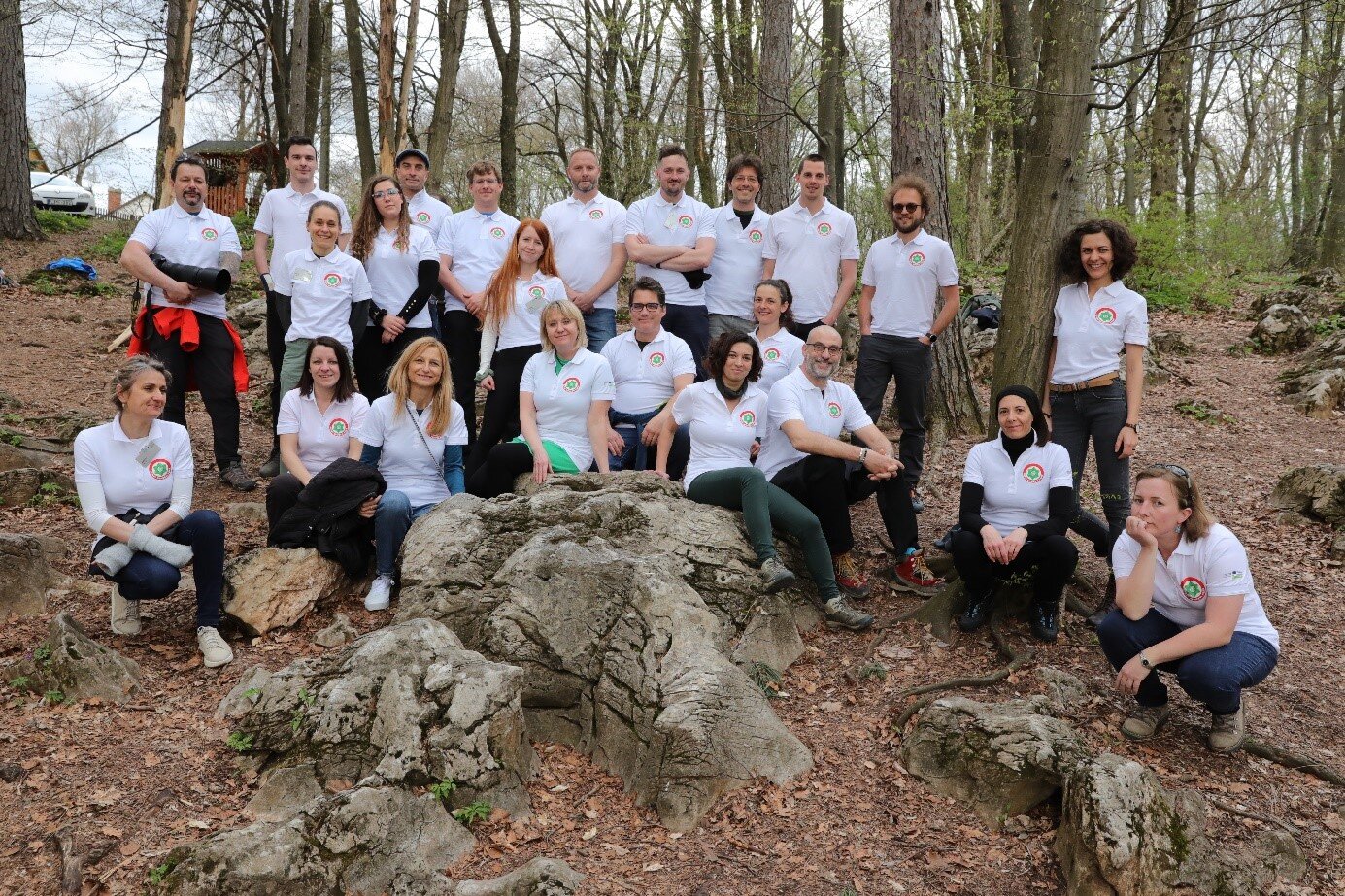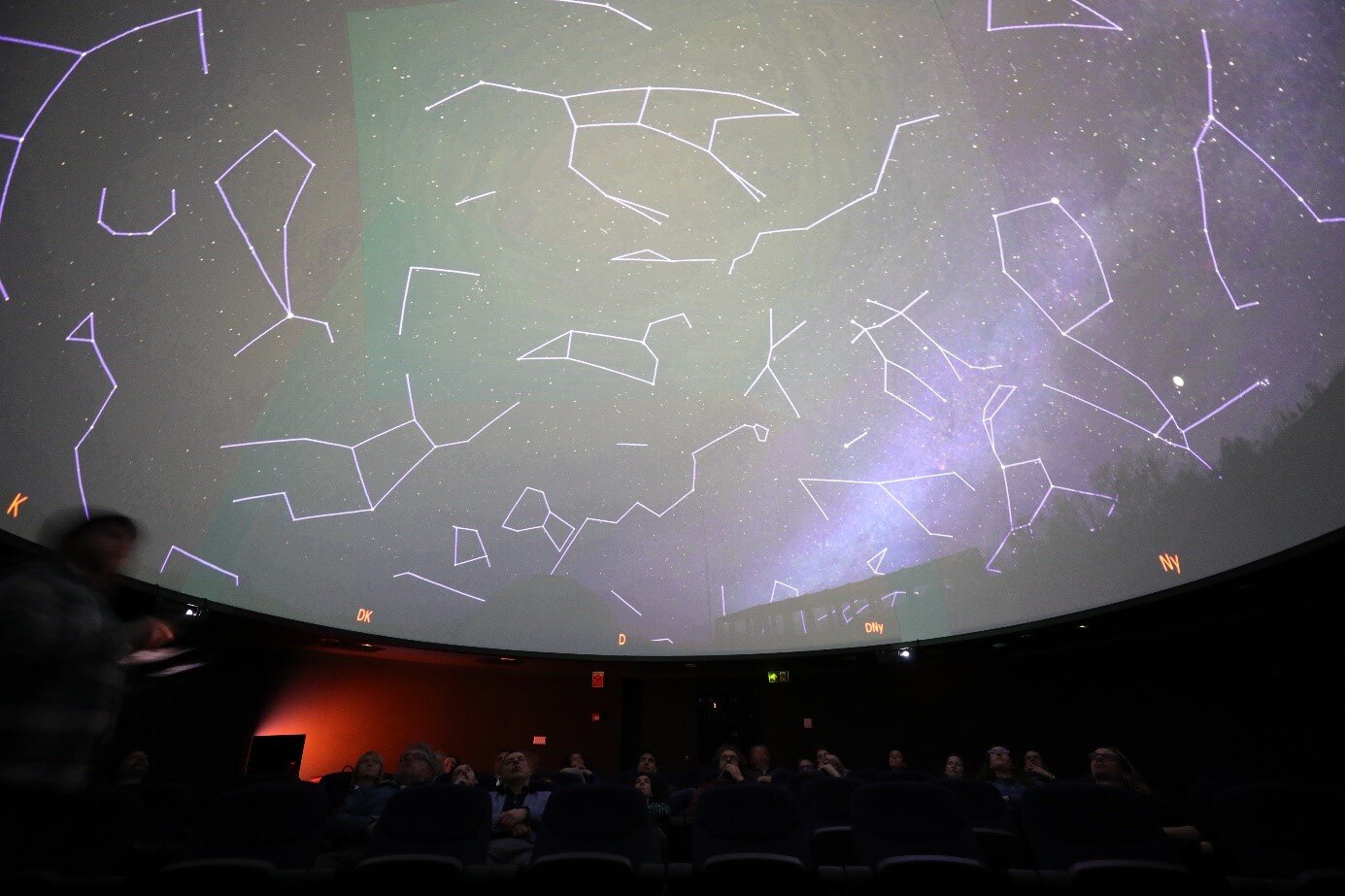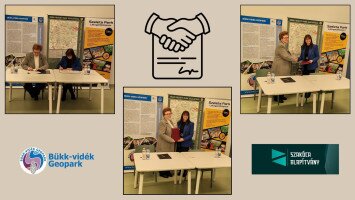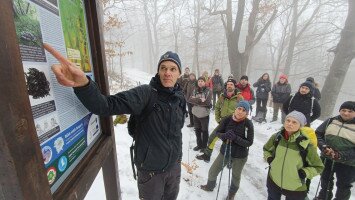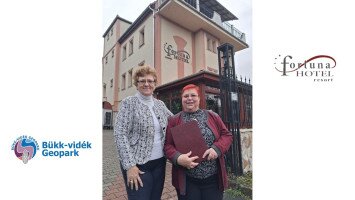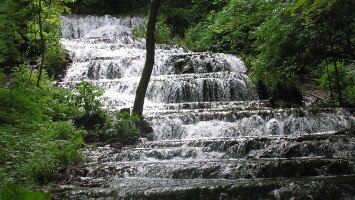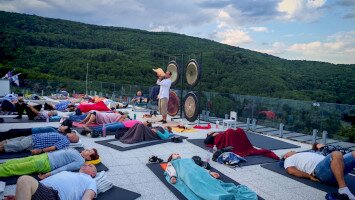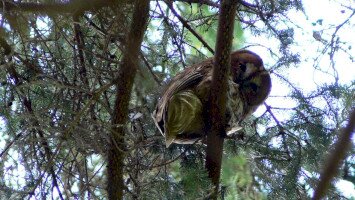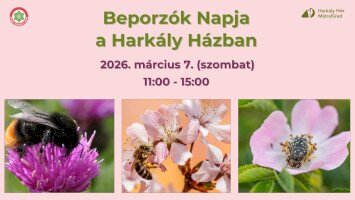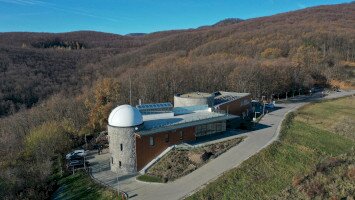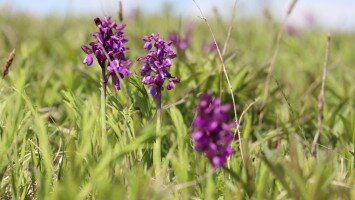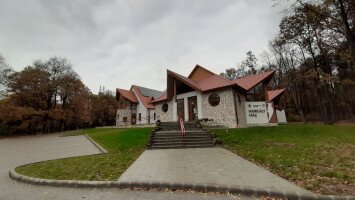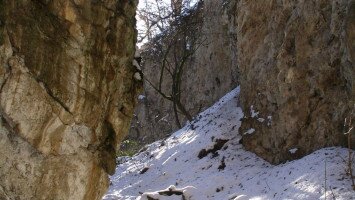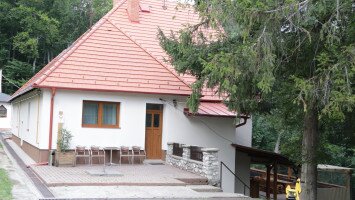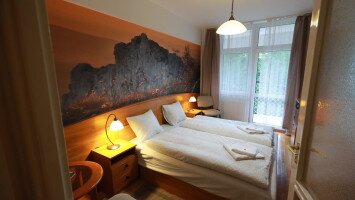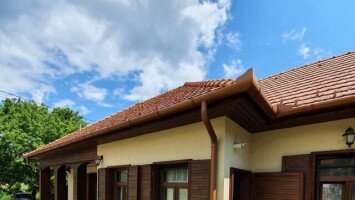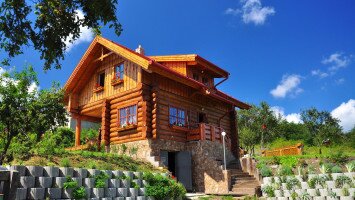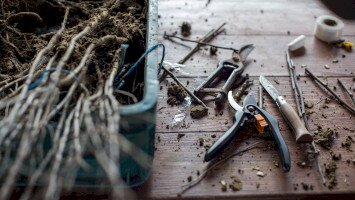
2023/1. 7. HUMANITA Kick-off meeting
Mitte April durfte der Bükk Nationalpark als Gastgeber für die Auftaktveranstaltung für ein von der EU gefördertes Projekt fungieren. Genauer gesagt, handelt es sich hierbei um ein Interreg CENTRAL EUROPE Projekt namens HUMANITA (= Human-Nature Interactions and Impacts of Tourist Activities on Protected Areas). Das Projekt wird vom European Regional Development Fund gefördert.
Das Ziel von HUMANITA ist es touristische Aktivitäten in Schutzgebieten zu überwachen und zu bewerten, sowie Lösungen und Instrumente zusammen mit Touristen und der lokalen Gemeinschaft zu finden, um die negativen Auswirkungen der Menschen auf die Natur, so gering wie möglich zu halten und das Bewusstsein für eine umwelt- und naturfreundliche Lebensweise zu schärfen. Meiner Meinung nach ein sehr wichtiges Thema, daher denke ich, dass die EU-Gelder hier ganz gut aufgehoben sind.
Für die Interessierten unter euch:
www.bnpi.hu/hu/hir/humanita-nyitomegbeszeles-bukkszentkereszten
www.interreg-central.eu/projects/humanita
www.bnpi.hu/hu/palyazat-2/humanita-hu
Für das zweitägige Meeting wurden alle teilnehmenden Partnerorganisationen aus Österreich, der Slowakei, Italien, Kroatien und Ungarn in die Ortschaft Bükkszentkereszt, welches sicht neben dem Gebiet des Bükk Nationalparks befindet, eingeladen. Die Partner bestehen dabei zum Teil aus Universitäten und Forschungseinrichtungen, welche das benötigte Know-how mitbringen und zum anderen Teil aus sogenannten „Pilot Areas", in welchen die erarbeiteten Methoden getestet werden können, sprich Nationalparks und Schutzgebiete.
Meine ehrenvolle Aufgabe während dieser zwei Tage bestand darin Protokoll zu führen. Gar keine so leichte Aufgabe, wenn man bedenkt, dass die Tage von früh bis spät mit Programm versehen waren und die Präsentierenden natürlich auch nicht extra langsam sprachen, damit man auch alles notieren konnte (das wäre ja viel zu einfach ;) ). Und das ganze natürlich auch noch auf englisch. Zum Glück gab es genügend Kaffeepausen und ich bekam außerdem Hilfe von unserer slowakischen Partnerorganisation. Für das erste Mal in meinem Leben Protokoll führen, habe ich meine Aufgabe dann doch ganz gut gemeistert (denke ich :D).
Um den Kopf nach den Meetings wieder etwas freizubekommen, wurden außerdem noch zwei sehr interessante Ausflüge geplant. Am ersten Tag haben wir abends das Bükk Astronomical Observatory, also die Sternwarte im Nationalpark, besucht, inkl. geführter Tour und einen Blick auf den Sternenhimmel über dem Nationalpark (leider nur vom Planetarium aus, da für das Teleskop leider zu bewölkt war). Der zweite Tag wurde dann noch mit einer Führung in der Anna-Kalktuffsteinhöhle, sowie der St. Stephans-Tropfsteinhöhle in Lillafüred abgeschlossen.
Es waren ereignisreiche zwei Meeting-Tage, bei denen ich wieder viel Interessantes mitgenommen und viel Neues lernen durfte!
In mid-April, Bükk National Park hosted the launch event for an EU-funded project. More precisely, it is an Interreg CENTRAL EUROPE project called HUMANITA (= Human-Nature Interactions and Impacts of Tourist Activities on Protected Areas). The project is supported by the European Regional Development Fund.
HUMANITA aims to monitor and evaluate tourist activities in protected areas and find solutions and tools together with tourists and the local community to minimise humans' negative impacts on nature and raise awareness for an environmentally and nature-friendly way of living. In my opinion, this is a very important issue, so I think the EU money is quite well spent here.
For those of you who are interested:
www.bnpi.hu/hu/hir/humanita-nyitomegbeszeles-bukks...
www.interreg-central.eu/projects/humanita
www.bnpi.hu/hu/palyazat-2/humanita-hu
For the two-day meeting, all participating partner organisations from Austria, Slovakia, Italy, Croatia and Hungary were invited to the village of Bükkszentkereszt, located next to the area of the Bükk National Park. The partners consist partly of universities and research institutions, which bring the necessary know-how, and partly of so-called "pilot areas", i.e. national parks and protected areas, where the developed methods can be tested.
My honourable task during these two days was to take the minutes. Not such an easy task, considering that the days were filled with programmes from early morning till late evening and that the presenters could have spoken more slowly so that you could write everything down (but that would been much too easy ;) ). And, of course, the whole thing was in English. Luckily there were enough coffee breaks, and I got help from our Slovakian partner organisation. For doing something like this for the first time in my life, I managed my task quite well (I think :D).
Two interesting excursions were planned to clear our heads after the meetings. On the first day, we visited the Bükk Astronomical Observatory in the evening, including a guided tour and a view of the starry sky above the national park (unfortunately, only from the planetarium, as it was too cloudy for the telescope). The second day was concluded with a guided tour of the Anna travertine cave and St. Stephen's dripstone cave in Lillafüred.
It was an eventful two days, during which I could again take away many interesting things and learn a lot of new stuff!
